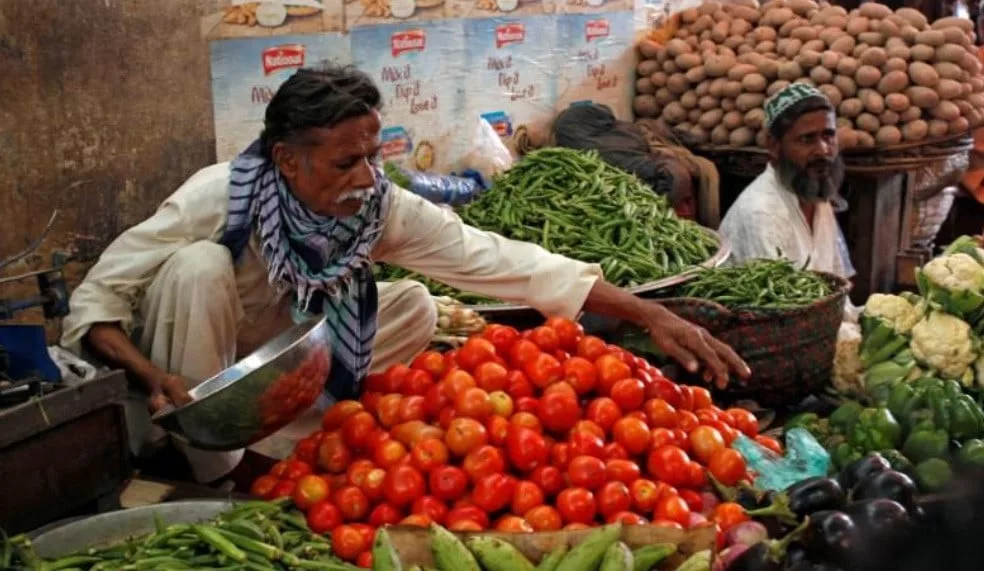Rawalpindi is grappling with severe inflation as the prices of essential goods continue to soar, despite assurances from the government and local authorities about price stability.
Basic food items like pulses, ghee, oil, flour, and vegetables have seen significant price increases, putting a heavy strain on consumers.
Notably, Black Gram now costs Rs600 per kilogram, and Split Chickpeas have risen to Rs400 per kilogram. The prices of ghee and oil have also surged, with the cost of a carton of ghee oil increasing by Rs1,500. As a result, ghee is now priced at Rs500 per kilogram, while cooking oil is being sold at Rs520 per litre.
Other staple items like white gram and rice are now priced over Rs400 per kilogram, and soft drink prices have gone up by Rs20 to Rs30 across all brands. Spices have seen a sharp 50% price hike, and poultry prices remain high, with chicken at Rs650 per kilogram and eggs at Rs330 per dozen.
Dairy products, too, have been affected, with milk now costing Rs220 per litre and yogurt Rs240 per kilogram. Meat prices have skyrocketed, with mutton priced at Rs2,300 per kilogram and beef at Rs1,400 per kilogram.
Fresh produce, such as potatoes, onions, tomatoes, and peas, are also being sold at higher prices, with potatoes at Rs120 per kilogram, onions at Rs140, tomatoes at Rs150, and peas at Rs350 per kilogram. Imported goods like garlic and ginger are even more expensive, costing Rs650 and Rs630 per kilogram, respectively.
On November 7, representatives from several trade unions, including the Central Grocery Merchants Association and the Poultry Union, met with the Deputy Commissioner in a Price Control Committee meeting to discuss these issues. However, new official price lists for food, groceries, dairy, and other essentials have not been released yet.
Salim Parvez Butt, President of the Central Grocery Merchant Association, expressed frustration with the delay, noting that revised rates were expected to be announced on November 7, but no updates have been provided as of Sunday.
He warned that if the new rates, expected on November 11, are found to be lower than wholesale market prices, merchants may boycott the sale of government-regulated items.
As the government delays intervention, household budgets continue to face mounting pressure, further exacerbating the impact of inflation in Rawalpindi.




